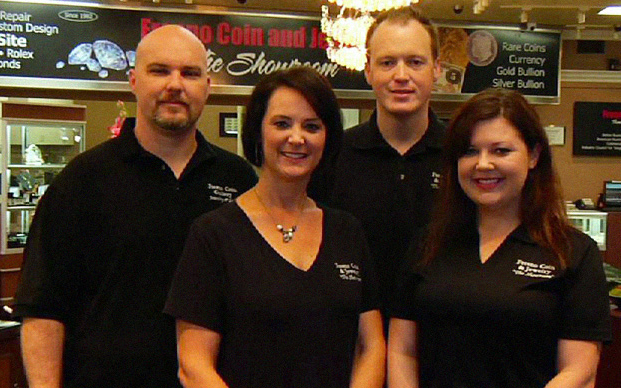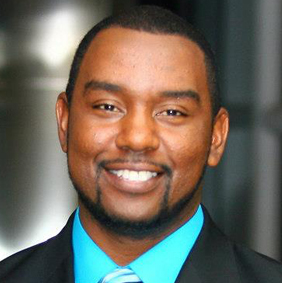When
when did the arts help
inspire today's business
leaders?
Talk to any successful person and you'll find a common thread of how an arts education played a part in their achievements.
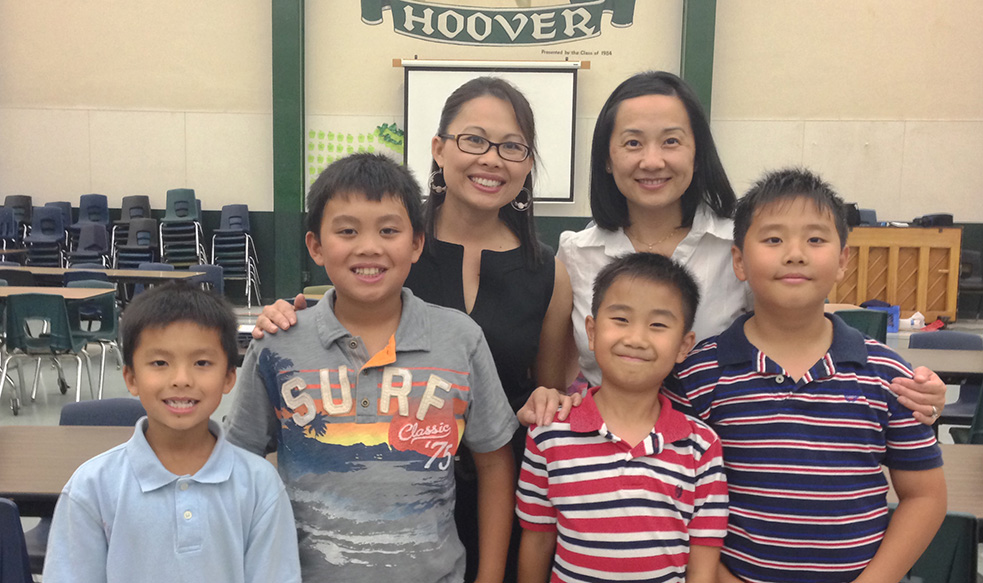
"The arts gave me self-confidence and an appreciation of teamwork, collaboration, and problem-solving."
I'm a physician in the field of Obstetrics and Gynecology. My family came to this country as migrant farmers in the late 70s, so my childhood was filled with farming until I started school.
When I was in the 4th grade, the Fresno Unified School District was supporting music instruction for under-served kids and I ended up playing the clarinet; it definitely takes a lot of effort to learn not to squeak! Then, in middle school, I took an interest in choir, and in drama during high school.
One of the more important things the arts gave me was self-confidence and an appreciation of teamwork, collaboration, and problem-solving.
In medicine, my arts experience has allowed me to not just focus on each individual component, but to prioritize and orchestrate all the diseases and treatments.
Every successful person I know has had involvement in the arts in one form or another as a child. That’s why I know that when kids are allowed an opportunity to play an instrument, sing a song, or express themselves in drama, they results can be quite amazing.
I have children in the Fresno Unified School District and I make sure that they have the same opportunities in the arts as I had. But through my work with the underserved, I know many parents can't afford arts education for their kids.
That’s why I very much feel that if children are not given the opportunity for an arts education they’ll miss out on developing the self-confidence and social skills needed for a better life.
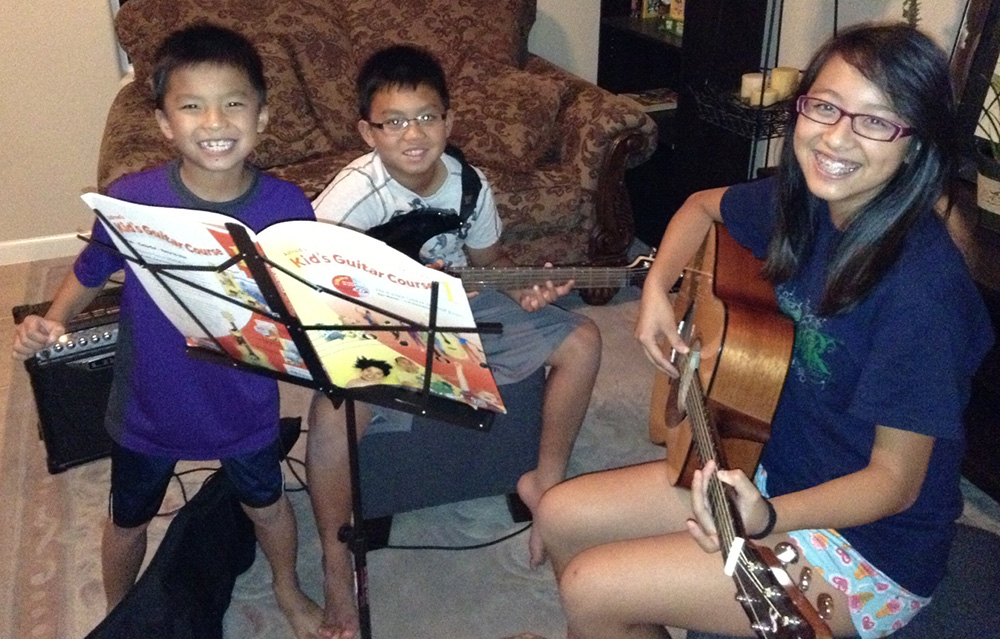

"The more reasons there are for a student to want to go to school, the less likely they will drop out."
I moved with my family from Brownsville, Texas, when I was 5 years old. I was fortunate to go to Pixley Elementary, which offered music, singing, and art classes. Most of all, I liked playing trumpet in the band.
I think the way music helped develop both sides of my brain early on was a plus for everything that came later in my life.
The cutting of arts education in years past was a situation that was not of our making nor was it to our liking. Now, with the local control funding formula, my hope is that the tide has turned back to a greater appreciation of the value that an arts education brings.
I chaired a commission on dropout prevention and we found that the more reasons there are for a student to want to go to school, the less likely they will drop out. Which means a better chance to become much more successful.
For our region to attract newer, cutting-edge technology businesses we need the kind of educated, well-rounded creative thinking workforce that employers are looking for.
To make it happen, parents shouldn’t underestimate the influence they have on school board members. If they hear that arts education is important to them and to the community, they’ll align with the prevailing public sentiment.
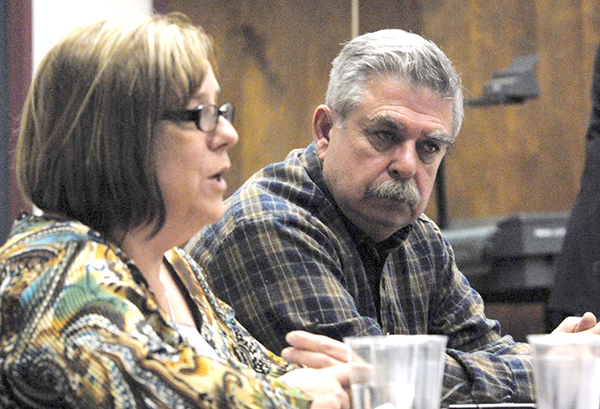
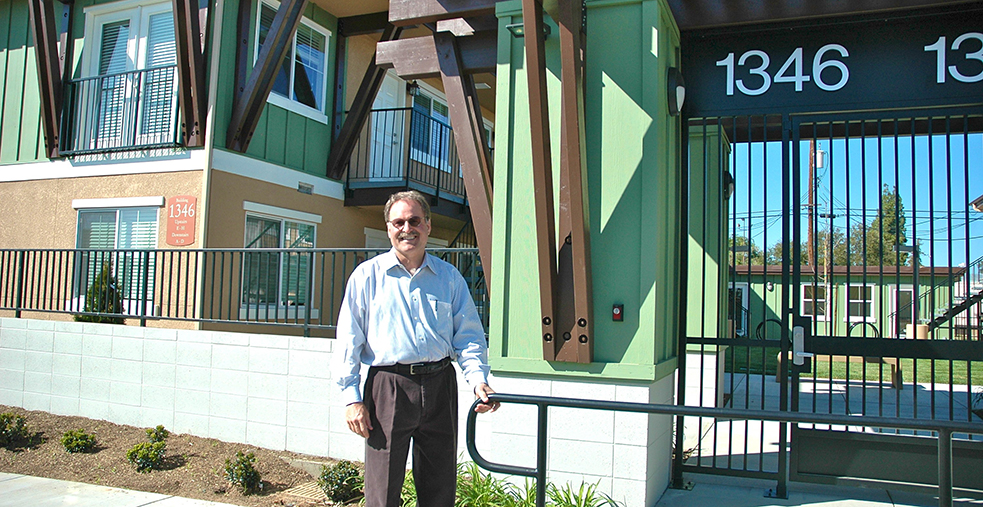
"The skill sets developed in arts education are absolutely critical, that’s why we’re continually looking for people with those capabilities."
I remember when I first picked up an instrument in the fourth grade. At that time, Fresno Unified offered students an opportunity to choose an instrument and much to the shock of my parents, I chose the violin.
For me, the violin led to mastering a fairly foreign set of physical skills, which include practice, discipline, and real learning at several levels. Although by the time I was a junior in college I had pretty much set aside the violin, going on to study pre-med, which changed to paleontology, then migrated to psychology and developmental issues with children.
I had tried courses in art and architecture and thought I might like a career in that. Working summers in trail construction and maintenance for the US Forest Service, I eventually migrated into construction and started a career.
We’re a company where everybody has to be creative in how they are organized, communicate, collaborate, and move the work forward. The skill sets developed in arts education are absolutely critical, that’s why we’re continually looking for people with those capabilities.
I think the de-funding of arts education in public schools is a mistake; it’s short-sighted. That’s why I’m supporting SPARK!, because it leads the way back to the more grounded approach to education, where a young child’s energy can be funneled into something creative and positive.
I would encourage everyone to press their organizations, their school board, to put music and arts education back where it belongs into our schools. It’s the right thing to do because it’s critical to a successful full life for every student.

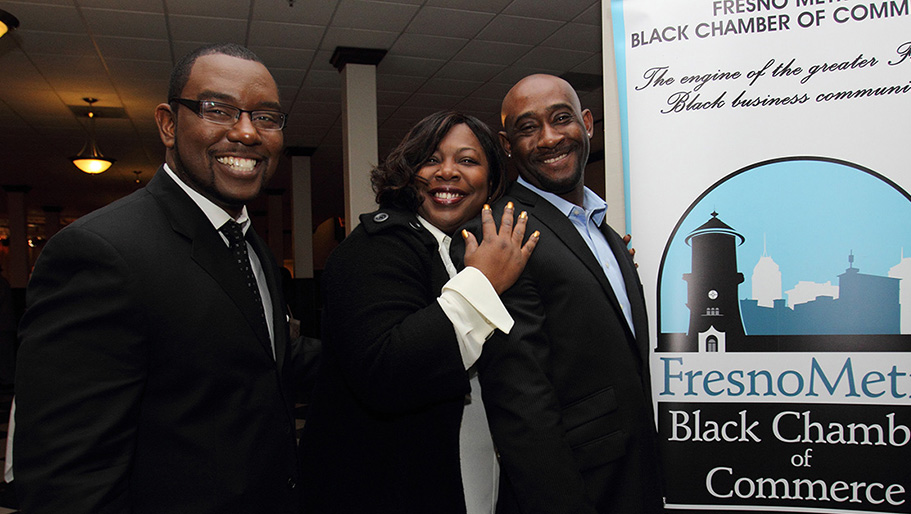
"Arts education is needed if we want young people to be able to think about innovation and entrepreneurship."
I was educated in West Fresno, from preschool all the way to the 12th grade. Like many kids, I started with the recorder in elementary school, then tried the cello, and finally decided to go with the trombone through junior high and high school.
Music education was always a part of my academic experience and it was one of the parts of the day when you could be creative.
Any form of art helps you to become a more rounded individual and teaches how an individual contribution has an impact within a larger group. It builds the self-esteem that sometimes is difficult for a young person to have. And, if you’re studying arts or music, that’s less time spent being idle; so it can be a deterrent to all those other negative outcomes.
Arts education is needed if we want young people to be able to think about innovation and entrepreneurship. Because, if we want to have a creative economy in an informational society then we have got to make sure our young people have a well-rounded experience.
It’s particularly important for students in low-income communities where their parents may not have the resources to support arts education on their own. For a lot of students, the school setting is the only opportunity that they have to engage in music and arts.

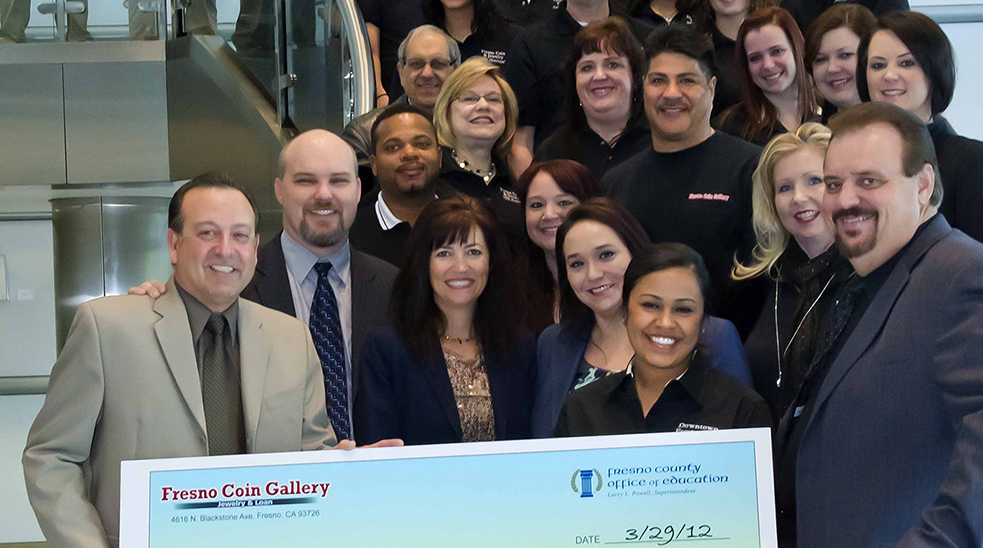
"Kids who are involved in the arts have a better opportunity for a positive future, and are less likely to repeat criminal behavior."
Current Marketing Director, Fresno Coin Gallery
Some of the most important lessons I learned in high school drama classes, and later as a theater major in college, were the self-discipline and goal-setting that come from working in a collaborative group where it’s all about something bigger than yourself.
Previously to becoming the Marketing Director for Fresno Coin Gallery, I spent 15 years as a county probation officer working with juveniles going through tough times, struggling with loneliness and a sense of belonging.
My job was to help kids stay out of trouble and to help guide them in making the right decisions. I soon learned that kids who are involved in any kind of arts definitely had a better opportunity for a positive future, and are less likely to repeat criminal behavior.
Arts education is just as important and valuable as academic classes because it teaches a way of thinking and learning to develop the critical thinking skills needed to be successfully employed.
To see teenagers and children become passionate about something rather than just feeling hopeless and depressed is as important nowadays as much as ever.
If you doubt that, just ask yourself "How important is your child's self-esteem?"
